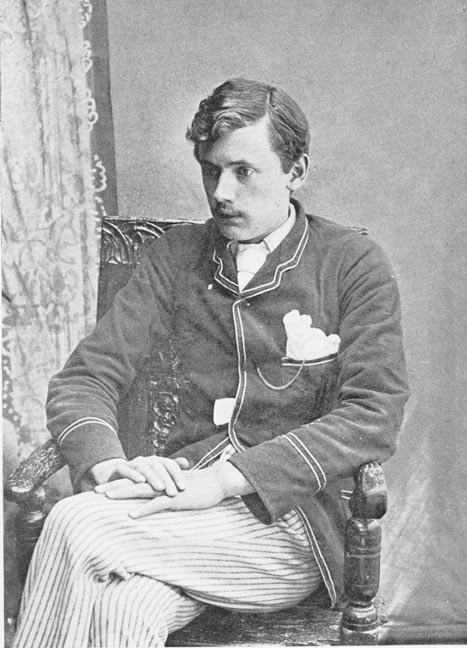Dowson, Ernest oldala, Angol életrajz
Életrajz
Ernest C. Dowson (1867-1900), poet, was born in Kent. He received some of his education in France, and entered Queen's College, Oxford. Having read considerably and widely, Dowson left without obtaining a degree. He went to London where he joined the literary circle of Aubrey Beardsley, Oscar Wilde, and their friends. He was also one of the Rhymers' Club and contributed to The Books of the Rhymers' Club (1892 and 1894), The Yellow Book and The Savoy. In 1891 he met 'Missie' Adelaide Foltinowicz, a twelve-year-old who later became a key image of innocence and lost love in his poetry.
In September 1891 he converted to Roman Catholicism, which is reflected in his devotional poetry, such as 'Nuns of the Perpetual Adoration' and 'Carthusians'. These were his most successful poems. His father died in 1894 having suffered from advanced tuberculosis. Within months of his death, Dowson's mother hanged herself. A number of stories called Dilemas appeared in 1895. After this, Dowson travelled between London, France and Ireland, drinking heavily. He published the first of his two books of poetry, Verses, in 1896, which included the acclaimed 'Non Sum Qualis Eram' or 'Cynara', and the second, Decorations in Verse and Prose in 1899. His one-act verse play, The Pierrot of the Minute came out in 1897. In addition, he translated Voltaire, Zola and Balzac. Amongst his verse which celebrates nature is 'Breton Afternoon', and the poems representing weariness and the monotony of life include 'Vitae Summa Brevis' and 'To One in Bedlam'.
(Az oldal szerkesztője: P. T.)



